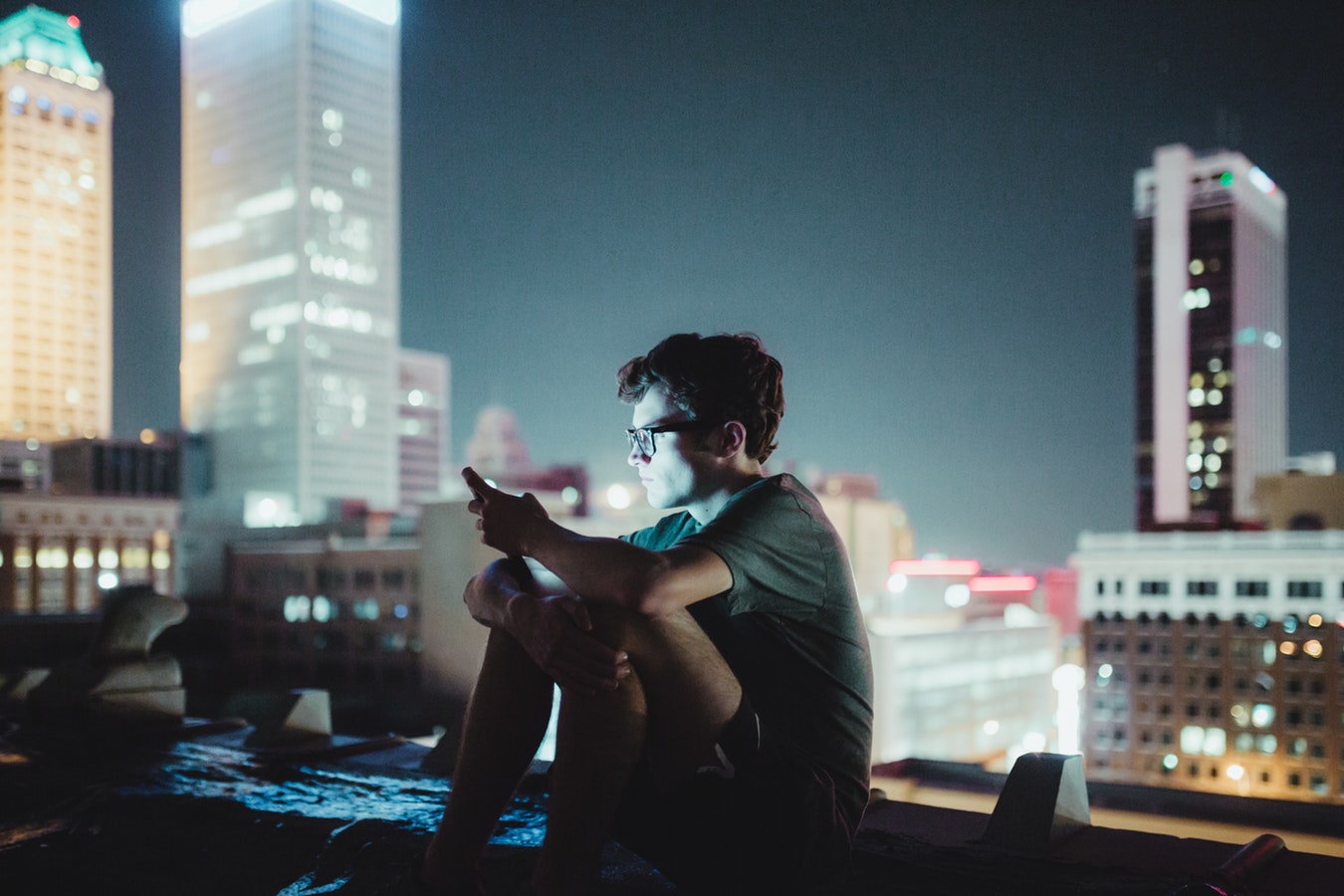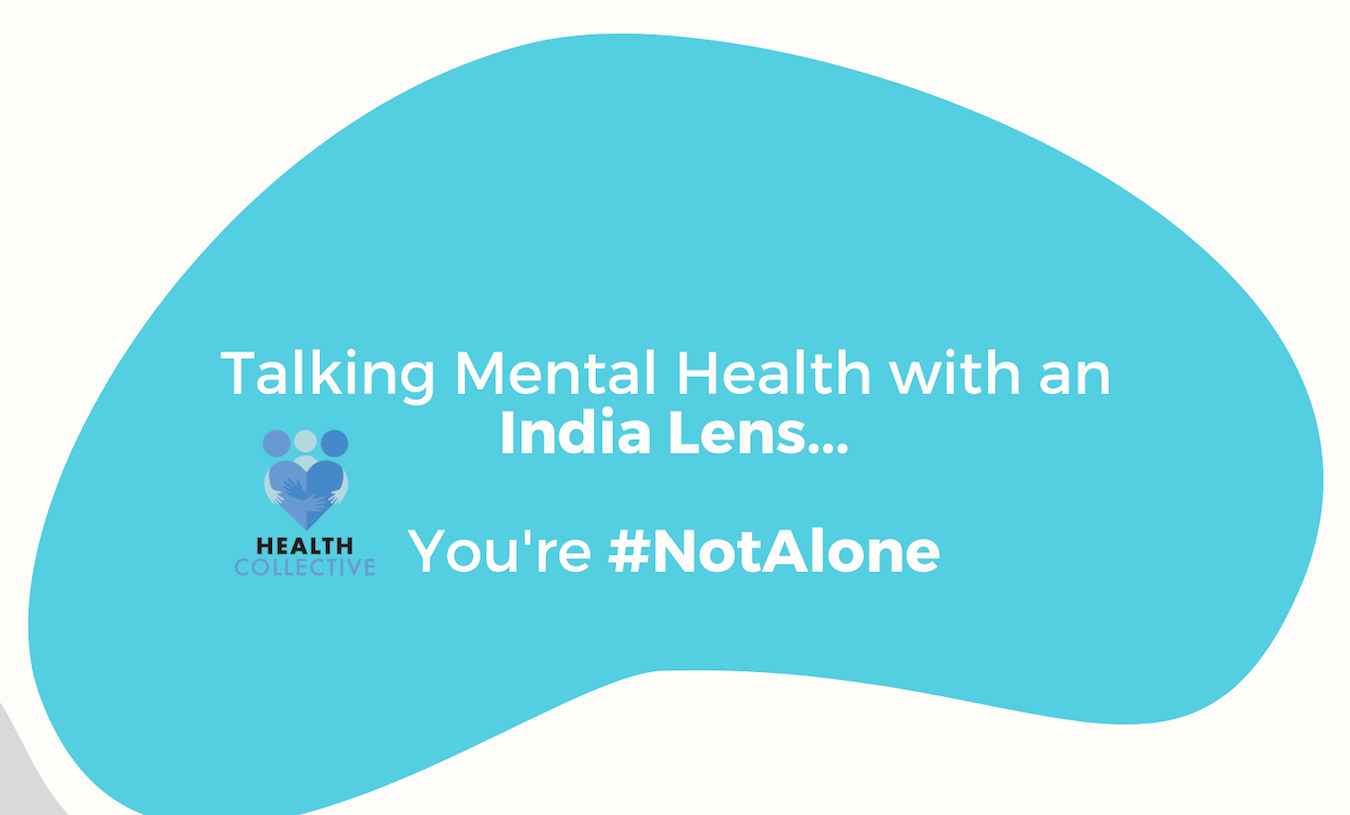BipolarIndia: How a Community Comes Together to Create Hope
BipolarIndia – an online community in India set up by a person living with Bipolar Disorder, for people living with Bipolar Disorder and Depression – has been an inspirational peer support group, one of the first of its kind of this scale in the country. We conducted an e-interview with the founder, Vijay Nallawala, an author, entrepreneur, co-founder of Let’s Walk Together, and the co-founder managing trustee of the Mental Health Support Foundation.
Congratulations on the 10 year anniversary! Can you share a bit about what led you to set up Bipolarindia?
Bipolarindia celebrated its 9th Anniversary in May and we are now in our 10th year of operations. There are reasons to believe that this might be one of our most significant years yet, in terms of strides being made towards our goals. The genesis of Bipolarindia was in a blog post of mine, my opening up in the public domain about my journey of recovery from bipolar disorder. Consider the context way back in 2012, when there were very few such stories of lived experience with severe mental illness in the public domain. This post led to a friend of mine, Puneet Bhatnagar, coming over to meet me and understanding what I was about and what had aided me in my recovery process. I must hand it to Puneet and his vision that he saw the need for a website that would help spread awareness around bipolar disorder. He set in motion what went on to later flourish into a pan India community.

What are some things you wish families understood about bipolar disorder?
Many of us living with bipolar disorder do not have sufficient information or insight into the condition, how it affects us, and how best to manage it. Families face a bigger challenge, at times, on this front. It is unfortunate that psychoeducation is grossly inadequate. Most Psychiatrists merely dole out prescriptions and communication is sorely missing. rewThis lack of awareness, lack of knowledge about what to watch out for as red flags, how to support people in managing bipolar disorder is a barrier that prevents effective caregiving.
Beyond awareness (undoubtedly important), sensitisation is also a key need for families to be able to empathise with those struggling. Rather than blaming families, it is important to understand what prevents compassionate and effective caregiving. To this end, lack of access to psychotherapy for a majority of Indians is another pain point. Family therapy sessions can be highly effective in ensuring all family members are on the same page and interpersonal issues can be resolved.
From the perspective of the person living with mental illness, how they wish that families understood their invisible challenges! The invisibility of struggles around any mental health condition is perhaps the biggest barrier to families being able to grasp the extent of strife a person has to contend with. Secondly, the lack of progress, inevitable ups and downs which are associated with bipolar disorder can wear out the patience of families. What a person living with bipolar disorder detests is comparisons. It is important to take into account that our challenges might affect our functionality, ability to compete in academics, careers and other walks of life when in the grip of mood episodes. This is not to suggest that we do not have people who have transcended their challenges to be stable, highly functional, and achievers in their respective fields. In fact, the person needs support and constant encouragement to be able to fulfil their potential.
We also hear about the patient being blamed…
Gaslighting is a bad word in the mental health space and rightly so! It can be crushing for a person already suffering to be told they are ‘making it up’, are ‘lazy’ or to ‘man up’.
This tendency probably stems from families not being sensitised enough. With bipolar disorder, there are specific issues which families need to be aware of as being symptoms of the condition rather than attitudinal deficiencies. Most people know that extreme mood swings are the main issue with bipolar disorder, but there is much more to it than that. Mood swings are accompanied by swings in energy as well: from very high bursts of energy and drive during mania to a feeling that almost the last erg of energy is sucked out during depression, especially when severe.
Even during a fairly stable mood phase, a person may struggle with lack of confidence and motivation and thus need encouragement and guidance. Cognitive dysfunction is a lesser known and poorly understood fallout of bipolar disorder. Families find it difficult to comprehend why those with bipolar complain of an inability to focus and concentrate at work or school, and claim they have memory problems.
On the constructive side of things, if families were aware of what could nurture back those with bipolar disorder to wellbeing and functionality, that would help so much. There is a need for families to be educated that sleep hygiene has a strong correlation with mood regulation and that a holistic health approach with regular exercise, yoga, and a balanced diet aids mood stability and recovery.

How do you think we can work to tackle stigma?
Stigma is multi-layered and a complex social problem. What we don’t understand or relate to, we tend to be suspicious of and try to shield ourselves from. Therefore, awareness is the obvious first step in mitigating stigma. We however know that in practice, heightened awareness does not necessarily mitigate stigma. Sensitisation, therefore, is much needed. It is not just about understanding what mental illnesses are but also how they manifest in people, the challenges posed and how people can be best supported – that is the most important.
Language is also so important! We see such indiscriminate and casual use of mental health related terms (often slurs) in public discourse. I think the media has a huge responsibility of setting the right example. Unfortunately, we have seen how several news channels have harmed the cause.
The more the stories of lived experience, the merrier! These stories help shatter stigma bit by bit. Celebrities like Deepika Padukone advocating for the cause takes it to a vast audience. The challenge lies in getting laypeople also interested in stories of those from underprivileged backgrounds, their unique challenges.
One huge learning imbibed by a mentor of mine who has a profound influence on me, Dr Soumitra Pathare (Director, Centre for Mental Health Law & Policy): We can go on about stigma but what we need to tackle is discrimination. You do that and stigma will eventually take care of itself. This thought firmed up our resolve in launching an initiative for livelihoods, a sphere where discrimination is felt most tellingly and affects the financial security of entire families.
What is the biggest strength that members have found from the community?
A severe mental illness can be a dehumanising experience. Our community provides much needed human connection. A sense of belonging is one of the core strengths of our community. When a person is alienated from society, their mental illness is made fun of or trivialised, the isolation can be overbearing. In contrast, the community is an oasis of nurture. A safe space where challenges and feelings are not gaslighted, where support and the feeling of being understood is pervasive. This enables a person to feel they belong. It is far easier for a person to open up in a safe space and that itself can lighten one’s burden to a great extent.
The other equally powerful element is hope. In our darkest days, when there seems to be no light at the end of the tunnel, a person suffering sees that several others have been there and are now enjoying the joys of stability and functionality. Hope is the oxygen that community exudes. In fact, a mental health professional might not be able to instil this sense of belief with as much effectiveness that our community can.
Hear from the community directly:
Bipolarindia is not just a peer support community, it is for me a family and a safe space for people facing similar struggles in their lives and their caregivers’ lives. Through this community, my husband and I have had and are still getting a lot of learning from the members’ experiences. The compassion, patience and understanding portrayed by each member is really reassuring.
– Meera Sreekumar, ChennaiThe peer support group, especially, Vijay Nallawala, gave me some of the fundamental pillars of recovery: psychoeducation from a diversified group, stories of lived experiences and coping mechanisms which are not often found inside the clinical framework, and a safe and non judgemental place to open up, seek and give support, assistance, and guidance
– Sourav Majumdar, KolkataMembers ask queries on their mental health related issues which are mostly replied to in real time by senior members who have more experience in managing the illness.
– Prakash Shenoy, MumbaiThe Peer Support Group provides us with a community that first and foremost makes us realise that we are not alone. Further, it leads to both learning helpful information to manage our mental health and also expressing our feelings and creativity through sister groups. I have personally gained hope here by getting help and now I try my best to help others. I know if bad times come again, I would have members ready to support me here. And that acts like a safety net.
Quotes to Vijay Nallawala for The Health Collective
– Anshul Saxena, Lucknow
What are some myths around mental illness and bipolar disorder you’d like to address?
The biggest myth is that mental illness is purely biological (or psychological).
Reality: A human being is a complex entity shaped by genetics, environment, biological and other systemic factors.
Myth: Diagnosis of a severe mental illness means curtains to one’s career or other aspirations.
Reality: There are ample demonstrated examples of those living with mental illness who have overcome odds and are now successful professionally and even excelling in their fields. The right kind of supportive environment is needed to facilitate those with invisible disabilities to realise their potential.
Myth: Those living with mental illness are to be feared because they tend to be violent.
Reality: Stereotypes depicted in cinema and other platforms of entertainment have distorted perceptions. The fact is that these people are more likely to be victims of violence than perpetrators of it.
Myth: People with Bipolar Disorder are irresponsible who frequently land into trouble.
Based on incidents of substance abuse or deviant behaviour indulged in by a few, a whole set of people living with that condition are assumed to be irresponsible as well. While it is true that addiction can be a parallel issue in those with bipolar disorder that cannot be extrapolated across the community, much like any other stereotype.
What is the path ahead for Bipolarindia?
Over the years, Bipolarindia has evolved from a website creating awareness and initiating conversations to being a facilitator of conferences and peer support meets, both offline and online. The community stays virtually connected on the Telegram app. Apart from the livelihoods initiative, letswalktogether.org, there have been several other significant developments.
Our organisation has been formalised as a registered Charitable Trust. Bipolarindia and Let’s Walk Together will now be initiatives under the aegis of parent organisation, Mental Health Support Foundation. The formalisation paves the way for expanded outreach and projects that will help support communities in more direct ways.
For more, do visit: https://bipolarindia.com/ | https://letswalktogether.org/
#Comingsoon: Top learnings from the Bipolar India community
ALSO SEE:




